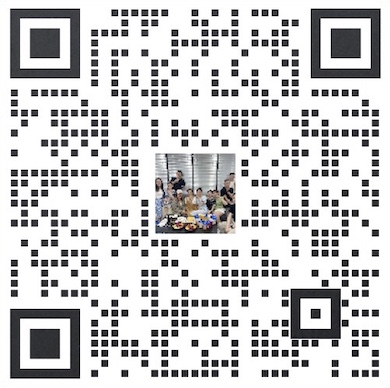
7x9小时
9:00am - 6:00pm
免费售前热线
13338363507
Challenges and response strategies of heterogeneous database integration in overseas store service CRM system integration
2024-04-07
In today's globalized business environment, multinational companies are faced with the challenge of integrating heterogeneous databases in their overseas store service CRM systems. This integration is essential for providing a seamless and consistent customer experience across different regions and markets. However, the diversity of databases used in different countries and the complexity of their integration pose significant challenges. In this article, we will delve into the challenges and response strategies of heterogeneous database integration in overseas store service CRM system integration.
One of the main challenges of heterogeneous database integration is the diversity of database management systems (DBMS) used in different countries. Each country may have its own preferred DBMS, such as Oracle, SQL Server, MySQL, or PostgreSQL. These systems may have different data models, query languages, and data storage formats, making it difficult to integrate them seamlessly. Additionally, the cultural and language differences in different regions may also pose challenges in data integration.
Another challenge is the inconsistency and redundancy of data across different databases. This can lead to data quality issues, such as duplicate records, inconsistent data formats, and data integrity problems. Moreover, the lack of a unified data governance framework across different regions can further exacerbate these issues.
To address these challenges, companies can adopt several response strategies. Firstly, they can standardize data models and data formats across different databases. This can be achieved by defining a common data model and data dictionary that can be used across different regions. Additionally, companies can implement data quality management processes to identify and resolve data quality issues, such as duplicate records and inconsistent data formats.
Secondly, companies can leverage data integration technologies, such as ETL (extract, transform, load) tools and data integration platforms, to facilitate the integration of heterogeneous databases. These technologies can help automate the process of extracting data from different databases, transforming it into a common format, and loading it into a centralized data warehouse or data lake.
Furthermore, companies can establish a centralized data governance framework to ensure data consistency and integrity across different regions. This framework should include data governance policies, data stewardship roles, and data quality management processes to govern the use, access, and quality of data across different databases.
In conclusion, the integration of heterogeneous databases in overseas store service CRM systems presents significant challenges, including the diversity of DBMS, data inconsistency, and cultural differences. However, by adopting response strategies such as standardizing data models, leveraging data integration technologies, and establishing a centralized data governance framework, companies can overcome these challenges and achieve seamless integration of heterogeneous databases in their overseas store service CRM systems.
↓Scan code to addqiqueadviser↓

↑Learn more digital scenes↑
Extended Reading:
How to use real-time synchronization technology to ensure data consistency in overseas store service CRM system integration? Overseas store service CRM system integration: Exploration of key technologies to achieve multi-terminal data synchronization Privacy protection strategy for integrating data desensitization and overseas store service CRM systems Use identity verification technology to ensure safe access for users integrated with overseas store service CRM systems How to use single sign-on technology to simplify the login process of overseas store service CRM system integration? Overseas store service CRM system integration: establish access control policies to achieve data protection Application of data privacy protection and compliance management in overseas store service CRM system integration Use security authentication technology to ensure user identity security integrated with overseas store service CRM systems How to strengthen the security of overseas store service CRM system integration through security audit? The importance of data backup and disaster recovery strategies in overseas store service CRM system integration more>>
Useful
Useless
Share on WeChat
Open within mini program
![]()
Open WeChat to "scan" and forward to friends
Open WeChat "Scan" and open it in the mini program
关闭预览


